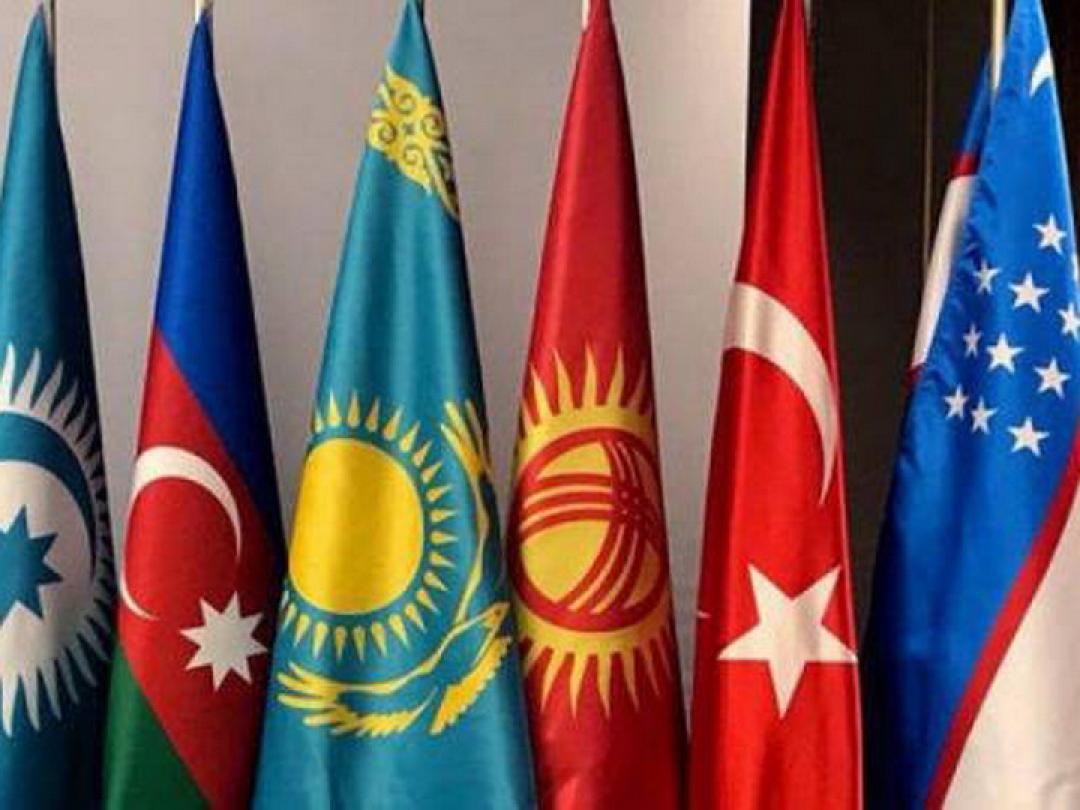
7th Summit of the Cooperation Council of Turkic Speaking States held in Baku; Armenia responds to the statements

On 15 October, the 7th summit of the Cooperation Council of Turkic Speaking States (Turkic council) took place in Baku, Azerbaijan. Attendies included Azerbaijani President Ilham Aliyev, President of Turkey Recep Tayyip Erdogan, Chairman of the Security Council of Kazakhstan Nursultan Nazarbaev, President of Uzbekistan Shavkat Mirziyoyev, President of the Kyrgyz Republic Sooronbay Jeenbekov and Hungarian Prime Minister Viktor Orban. Uzbekistan was participating in the summit as a full member of the Turkic Council for the first time in history.
Speaking in front of the audience, Aliyev congratulated Uzbekistan on becoming a fully-fledged member of the council. He also highlighted Hungary’s expansion of cooperation with the Turkic Council. “The… Turkic Council [representation office] has started its activity in Hungary. I hope, this office will give impetus to the development of the Turkish Council's relations with European countries and regional organizations,” he said.
Aliyev also spoke on Armenia and the Nagorno-Karabakh conflict. He noted that the first ever conference of the Turkic Council took place in Nakhichevan. “As you know, Nakhichevan is separated from the mainland of Azerbaijan. Between them is Zangezur - an ancient Azerbaijani land. Its transfer to Armenia created a geographical split in the Turkic world,” he said. He added that “Armenia tries to build close cooperation with Muslim countries, [however it] destroys mosques that are sacred to the Muslims of the world, cannot be friends with Muslim states [and that] vandalism against our religion reflects Armenia's Islamophobic nature.”
He then spoke about the Nagorno-Karabakh negotiations. Aliyev said that “there is no progress in resolving the Armenian-Azerbaijani conflict over Nagorno-Karabakh, which is Azerbaijan's most excruciating problem due to Armenia’s destructive policy” and that “the conflict should be solved in accordance with norms and principles of international law in the framework of territorial integrity of Azerbaijan.”
The President of Turkey, Recep Tayyip Erdogan, spoke at the summit on his recent military undertaking in the northeast of Syria which caused any global and regional reactions (Caucasus Watch reported). “We know that 300 million [strong] Turkic World stands with us. At the same time, I ask you to continue your support for us against the struggle with the Fethullahist Terrorist Organization (FETO). It is the brotherly duty of Turkic speaking states [to] stand with one another in national struggles,” he said. He added that “the existence of terror organizations such as PKK, ISIS, FETO has increased the importance of our cooperation in the security field.”
The Turkic Council is an international organization comprising of Azerbaijan, Kazakhstan, Kyrgyzstan, Uzbekistan, and Turkey, Turkmenistan and Hungary enjoy observer status. It was established in 2009 in the autonomous Republic of Nakhichevan. The main objective of the council is to further deepen comprehensive cooperation among Turkic Speaking States, as well as making joint contributions to peace and stability in the region and in the world. The Council works on a whole variety of projects which are grouped under six cooperation processes, namely: economy, culture, education, transport, customs, and diaspora.
Armenia’s response
On 17 October, Armenia's Ministry of Foreign Affairs responded to the statements made by Aliyev and Erdogan during the 7th Turkic Council Summit and described them as “distorted approaches and a perception of regional security, which are based on racism and discrimination which impede the peaceful resolution of conflicts and help spur up instability in the region and beyond.”
The remarks came from Anna Naghdalyan, the press secretary of the Ministry of Foreign Affairs. “The President of Azerbaijan speaking at the 7th summit of the Cooperation Council of Turkic-Speaking States held the day before in Baku, once again repeated the claims regarding Armenia and the Armenian territories, this time, seasoning them with Pan-Turkic accents,” she said adding that "this all also underlines a priority in ensuring the security of the Armenian people in the region.”
See Also


Mirzoyan Meets US Deputy Assistant Secretary Joshua Huck

Azerbaijani President Holds Talks with UAE and German Business Delegations on Economic Cooperation

Grigoryan Confirms Armenia’s Readiness to Dissolve OSCE Minsk Group Upon Peace Treaty Signing

Azerbaijani Official Warns of Ecological Risks to Caspian Sea, Similar to Lake Urmia and Aral Sea

